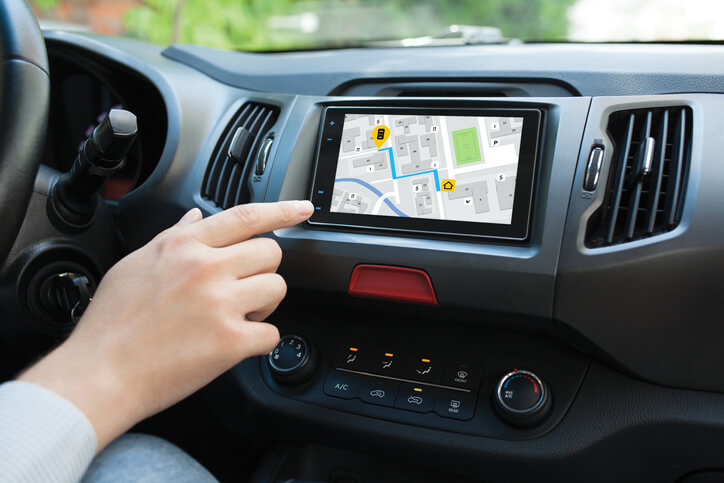Is Automotive Technology Creating Bad Drivers? An Exploration
The automotive industry is part of an era where technology permeates every aspect of our lives. From GPS navigation to advanced driver-assistance systems, cars are becoming increasingly sophisticated. But as vehicles grow smarter, is there a downside to this progress? Are we, as drivers, becoming too reliant on technology to the point of detriment to our driving skills and spatial awareness?
Automotive Technology Explores the Perils of Overreliance on Navigation Systems
It’s a common scenario: a driver blindly follows their GPS, only to end up on a road less traveled, or worse, in a dangerous dead-end. A survey by Michelin Travel Partners revealed that drivers in the United States were misled an average of 4.4 times last year. This figure jumps to 6.3 times among younger adults, who are more inclined to use such technology.
The core of the problem lies in the erosion of basic skills. Relying solely on navigation systems means drivers are less engaged with their surroundings, losing out on developing a sense of geographical direction and spatial awareness. This “technological crutch” makes for worse drivers and could make us cognitively lazier.

The Drawbacks of Advanced Automotive Technologies
Modern cars have various features to make driving safer and more comfortable, from cruise control to antilock brakes. However, the more we lean on these technologies, the less attentive we become. The challenge extends beyond just navigating menus and settings; it affects our capacity to react appropriately in traffic, as evidenced by incidents where drivers, too focused on following GPS instructions, have caused accidents.
A significant concern arises from the habitual use of GPS for familiar routes. Drivers find themselves at a loss when technology fails them, revealing a stark dependence that inhibits their ability without electronic guidance.
The Cognitive Cost of GPS Dependence
The research underscores the cognitive implications of relying heavily on GPS navigation. Studies show that this reliance can lead to diminished gray matter in the hippocampus, the brain area crucial for spatial memory and navigation. This starkly compares with findings that taxi drivers who navigate without GPS have more developed hippocampal regions.
Moreover, using digital navigation aids can impair our ability to form mental maps, which, as is often emphasized in automotive technology training, is an essential skill for understanding and navigating our environment efficiently. The convenience of GPS, while reducing cognitive load, also diminishes our engagement with the task of navigation, leading to a poorer internal representation of our surroundings.

Navigating the Future: A Balanced Approach
The automotive industry’s push towards fully autonomous driving promises to mitigate these issues by removing the need for direct human intervention. However, challenges still need to be addressed, especially concerning the reliability of technology under adverse conditions and the potential for over-dependence on systems that may fail.
As we move forward, a balanced approach is essential. While embracing the benefits of automotive technologies, drivers must also be encouraged to maintain and develop their navigational skills and situational awareness. Whether through periodic manual driving experiences or educational programs emphasizing the importance of these skills, the goal should be to ensure that advancements in automotive technology enhance rather than diminish our capabilities as drivers.
While automotive technology offers numerous benefits, it’s crucial to remain mindful of its potential to create bad drivers. By fostering a culture that values technological innovation and fundamental driving skills, we can enjoy the best of both worlds, ensuring safety and competence on the roads of tomorrow.
Are you looking for superior automotive training?
Contact ATC Cambridge for more information.


